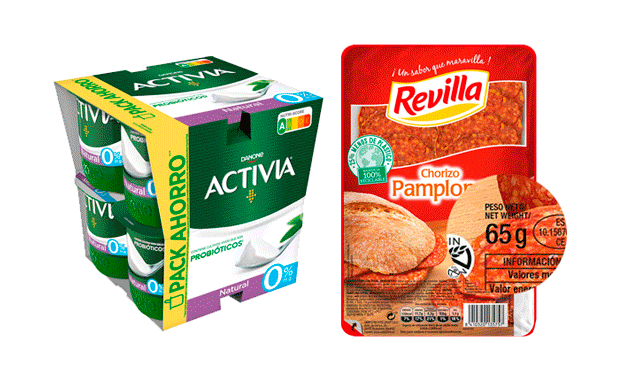Same price, less product: meet shrinkflation, the new enemy in the supermarket
Several major brands have reduced the weight of their products while keeping the price the same, a practice which Spain's Consumers and Users Organisation says is legal but “not very transparent”
Javier López
Malaga
Monday, 19 September 2022, 13:59
When inflation walks through the door of a supermarket, shrinkflation usually comes in with it. That is the term used when brands reduce the weight of their items but keep the price the same: in other words, consumers are receiving less of the product but paying as much as they always did. The operation is legal, as long as the weight shown on the label is accurate, but consumers associations are accusing the firms of a lack of transparency.
Spain's Consumers and Users Organisation (OCU) has provided some figures about this tactic which is usually associated with a general increase in prices. It says 7% of the 273 products it looked at were subject to shrinkflation. For example, what was an 800 gramme pack of ColaCao now weighs 760; 500g of Tulipán margarine is now 400g; a two-litre bottle of Pepsi Cola is now 1.75 litres; a pack of Revilla chorizo costing 1 euro contains 65g instead of the previous 80; the 110-gramme pack of Campofrío ham for one euro now weighs 85g and every Activia yoghurt now weighs 5 grammes less.
Unfair competition
Due to this situation, the OCU has reported Pastas Gallo, Danone, Pescanova, ColaCao, Tulipán and Campofrío to the National Commission of Markets and Competition. No response has been received as yet, and the OCU says it cannot rule out reporting more brands and companies as well.
“Charging the same but giving consumers less is unfair competition for manufacturers who increase their prices,” said sources at the OCU, which has begun a campaign to encourage people to report cases of shrinkflation and hidden price increases when they see them.
